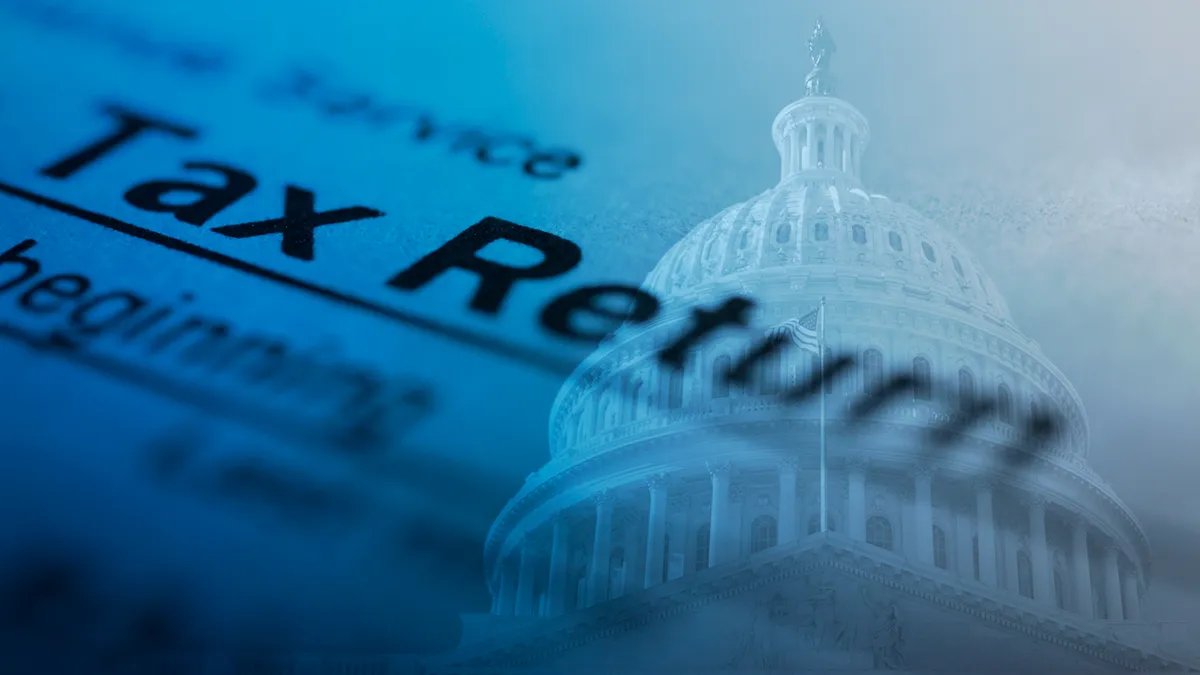If you took out a paycheck protection program (PPP) loan from the federal government and expect it to be forgiven, you can't deduct business expenses you paid using the loan proceeds, the IRS said in guidance it released this week.
The IRS's position isn't new. It released guidance in May prohibiting the deductibility of expenses using forgiven loan proceeds. This week's guidance updates the previous release by having the prohibition apply before you know whether your loan will be forgiven. As long as you believe you meet the criteria for forgiveness, you're not to deduct your expenses in your tax filing.
"If a business reasonably believes that a PPP loan will be forgiven in the future, expenses related to the loan are not deductible, whether the business has filed for forgiveness or not," the IRS said in releasing the guidance.
If it turns out your loan isn't forgiven, you can deduct your expenses paid using the proceeds, the IRS said.
More than $500 billion in loans under the program were made this year to help companies with fewer than 500 employees survive pandemic-related shutdowns. Companies could apply for up to 2.5 times their monthly payroll costs.
For loan forgiveness, 60% of the proceeds must be used to retain, or hire back, employees. The rest must be used for other eligible expenses, including rent and utilities. Time restrictions apply as well. Forgiveness only applies to the portion of the proceeds used for eligible costs.
Interpretation differences
The IRS has said it must prohibit deductibility of expenses using forgivable loan proceeds to prevent companies from receiving two tax benefits from the same proceeds.
The forgiven loan, the IRS has said, amounts to a tax benefit — tax-exempt income. Allowing businesses to deduct the expenses that were paid using the loan proceeds would amount to a second benefit for the same money.
"This treatment prevents a double tax benefit," the agency said in its earlier notice.
The American Institute of CPAs has said the Coronavirus Aid, Relief, and Economic Security (CARES) Act, the law enacted in March creating PPP loans, made clear forgiven loan funds were not to be counted as income. If that's the case, then there's no rationale for the IRS to disallow deductions for the expenses businesses paid using the loan funds.
"In effect, the IRS guidance means that the taxability provision (of the stimulus law that created the loan program) has no meaning," Chris Hesse, chair of the AICPA Tax Executive Committee, has said.
Tax professionals say companies are at risk of having to pay higher tax bills even though they're earning less money because of the pandemic.
"These businesses got their PPP loan, spent the money and have nothing left, and they're effectively out of business or running significantly less of a business than they were nine months ago," Adam Markowitz, vice president of Howard L Markowitz PA CPA in Leesburg, Florida told CNBC.
Key members of Congress agree and have said they will seek legislation to overturn the IRS's interpretation.
Among the bills underway is The Small Business Expense Protection Act of 2020, introduced in the Senate in May and backed by Sens. Chuck Grassley, R-IA, John Thune, R-SD, and Ron Wyden, D-OR.
Similar legislation is expected to proceed in the House. Rep. Richard Neal, D-MA, chair of the tax-writing House Ways & Means Committee, is expected to move a bill.
"Providing assistance to small businesses, only to disallow their business deductions … reverses the benefit that Congress specifically granted by exempting PPP loan forgiveness from income," Neal said in a letter he wrote with his Senate counterparts to Treasury Secretary Steven Mnuchin in May.














